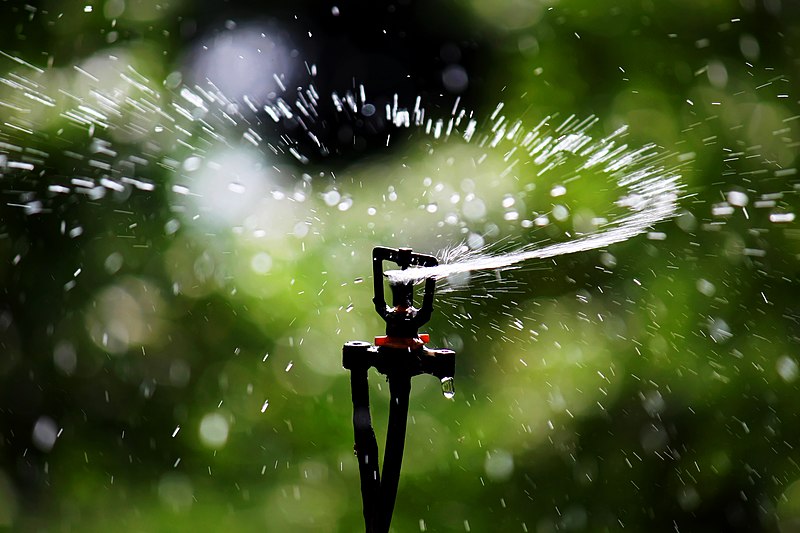
McNerney Introduces Bill to Help Drought-Proof CA
State Senator Jerry McNerney, D-Pleasanton, on Tuesday introduced new legislation that would help drought-proof California by boosting the use of recycled water. SB 31 would also enhance the state’s fresh water supply by allowing businesses, homes, and agencies to expand their use of recycled water for irrigation and other uses, rather than relying on drinking water.
“Instead of water wars pitting one region of the state against the other, North versus South, California must develop commonsense solutions that enable us to use the water we have more efficiently,” said Sen. McNerney, who is also a member of the Delta Protection Commission. “SB 31 is a pragmatic approach that will enhance our supplies of fresh water by expanding the use of recycled water for irrigation and commercial uses. It will also help protect the state during devastating droughts caused by climate change.”
Water recycling, also known as water reuse or reclaimed water, is wastewater that has been treated to make it safe for instances where using potable (drinking) is unnecessary. It is commonly used in irrigation, groundwater recharge, and more.
California law requires state and local agencies to use recycled water, where available, for irrigating parks, golf courses, cemeteries, landscaping along highways, and other uses. In addition, state law allows public agencies to require the use of recycled water, where available, for toilet and urinal flushing in public buildings.
Governor Gavin Newsom’s Water Supply Strategy identifies water recycling as a key tool for drought-proofing communities. California currently uses more than 700,000 acre feet of recycled water a year. That saves the state roughly the equivalent of enough drinking water for 1.4 million households.
To meet the goal of recycling 1.8 million acre-feet per year by 2040, recycled water use in California needs to expand. And as climate change results in more severe droughts and threatens the state’s water supply, it’s imperative that California meet its water recycling goal.
SB 31 would boost the state’s ability to meet its goal by:
- Enabling parks to expand their use of recycled water.
- Ensuring that using recycled water use in decorative bodies of water, such as a lake at a golf course, isn’t deterred by overly burdensome regulations.
- Requiring homeowners’ associations to use recycled water, where available, to irrigate outdoor common areas.
- Making sure that homeowners’ associations won’t have to install expensive and cumbersome new plumbing systems to use recycled water.
- Allowing food handling and processing facilities to use recycled water for toilet or urinal flushing or outdoor irrigation as long as the recycled water doesn’t enter a room where food handling or processing occurs.
“Increased use of recycled water is imperative to ensuring local communities have access to safe and reliable drinking water,” said Brenley McKenna, managing director, WateReuse California, which is sponsoring SB 31. “WateReuse California thanks Senator McNerney for introducing SB 31, which will update the Code of Regulations and expand the allowable uses of recycled water throughout the state. Aligning regulations with advancements in technology and increased investment in recycled water are critical to implementing the Governor’s Water Supply Strategy.”
Sen. Jerry McNerney is chair of the Senate Revenue and Taxation Committee and his 5th Senate District includes all of San Joaquin County and Alameda County’s Tri-Valley.